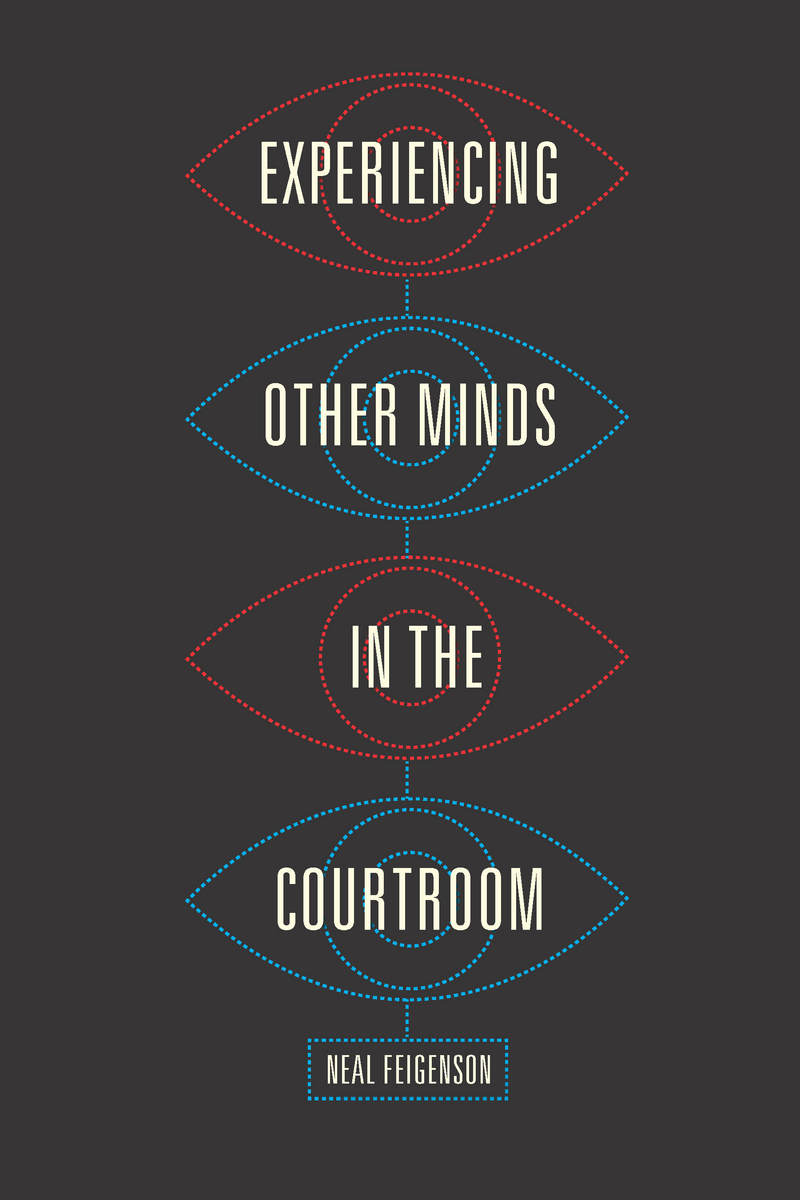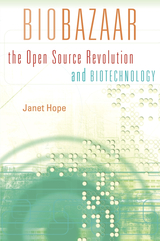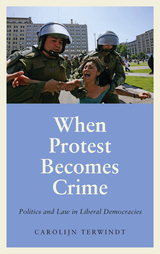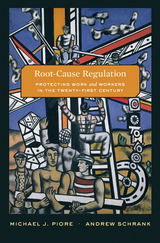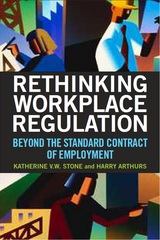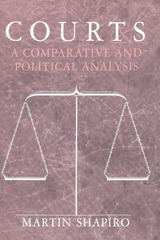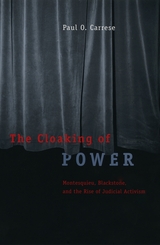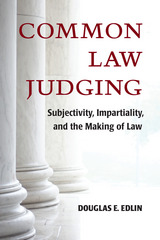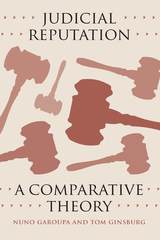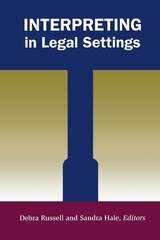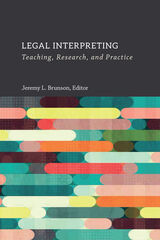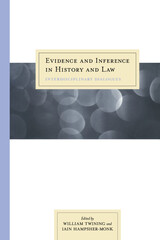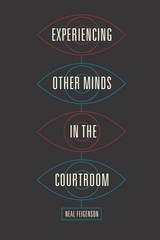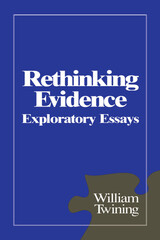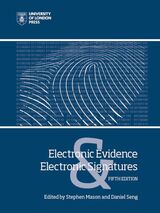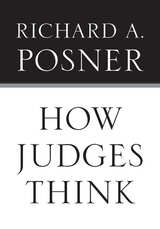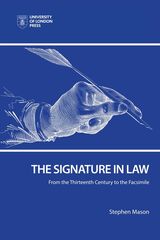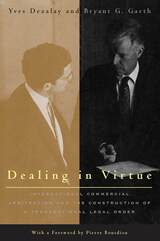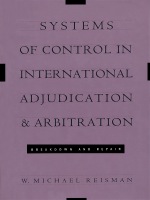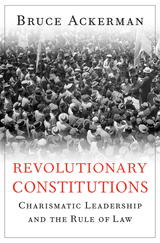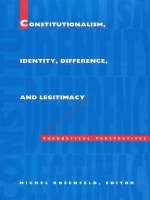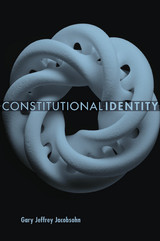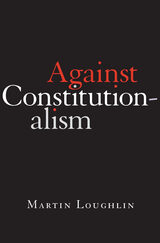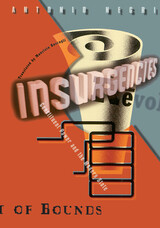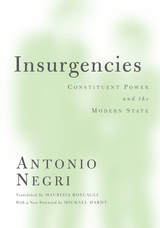Experiencing Other Minds in the Courtroom
University of Chicago Press, 2016
Cloth: 978-0-226-41373-0 | eISBN: 978-0-226-41387-7
Library of Congress Classification K2261.F457 2016
Dewey Decimal Classification 347.064
Cloth: 978-0-226-41373-0 | eISBN: 978-0-226-41387-7
Library of Congress Classification K2261.F457 2016
Dewey Decimal Classification 347.064
ABOUT THIS BOOK | AUTHOR BIOGRAPHY | REVIEWS | TOC | REQUEST ACCESSIBLE FILE
ABOUT THIS BOOK
Sometimes the outcome of a lawsuit depends upon sensations known only to the person who experiences them, such as the buzzing sound heard by a plaintiff who suffers from tinnitus after an accident. Lawyers, litigants, and expert witnesses are now seeking to re-create these sensations in the courtroom, using digital technologies to simulate litigants’ subjective experiences and thus to help jurors know—not merely know about—what it is like to be inside a litigant’s mind. But with this novel type of evidence comes a host of questions: Can anyone really know what it is like to have another person’s sensory experiences? Why should courts allow jurors to see or hear these simulations? And how might this evidence alter the ways in which judges and jurors do justice?
In Experiencing Other Minds in the Courtroom, Neal Feigenson turns the courtroom into a forum for exploring the profound philosophical, psychological, and legal ramifications of our efforts to know what other people’s conscious experiences are truly like. Drawing on disciplines ranging from cognitive psychology to psychophysics to media studies, Feigenson harnesses real examples of digitally simulated subjective perceptions to explain how the epistemological value of this evidence is affected by who creates it, how it is made, and how it is presented. Through his close scrutiny of the different kinds of simulations and the different knowledge claims they make, Feigenson is able to suggest best practices for how we might responsibly incorporate such evidence into the courtroom.
In Experiencing Other Minds in the Courtroom, Neal Feigenson turns the courtroom into a forum for exploring the profound philosophical, psychological, and legal ramifications of our efforts to know what other people’s conscious experiences are truly like. Drawing on disciplines ranging from cognitive psychology to psychophysics to media studies, Feigenson harnesses real examples of digitally simulated subjective perceptions to explain how the epistemological value of this evidence is affected by who creates it, how it is made, and how it is presented. Through his close scrutiny of the different kinds of simulations and the different knowledge claims they make, Feigenson is able to suggest best practices for how we might responsibly incorporate such evidence into the courtroom.
See other books on: Courtroom | Courts | Judicial process | Legal Profession | Litigation
See other titles from University of Chicago Press
